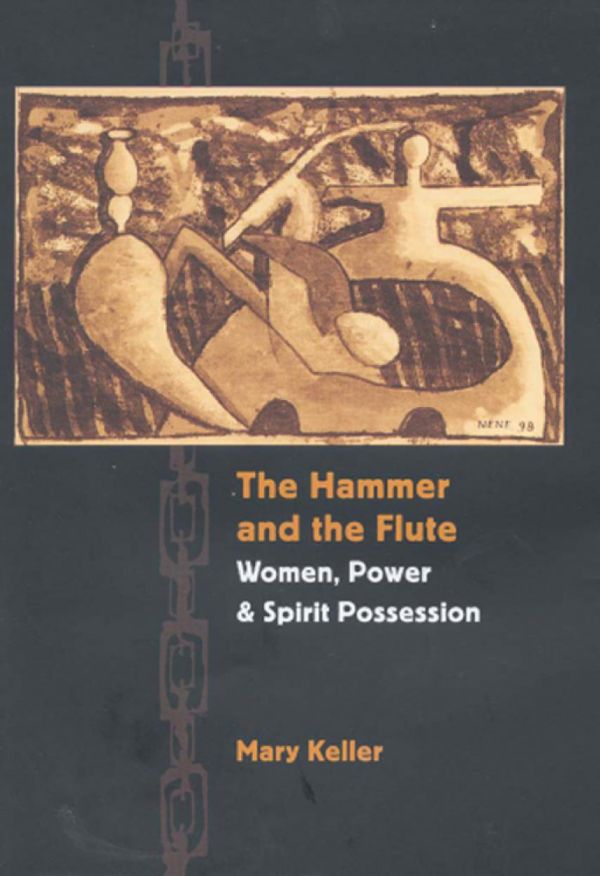

Most ebook files are in PDF format, so you can easily read them using various software such as Foxit Reader or directly on the Google Chrome browser.
Some ebook files are released by publishers in other formats such as .awz, .mobi, .epub, .fb2, etc. You may need to install specific software to read these formats on mobile/PC, such as Calibre.
Please read the tutorial at this link: https://ebookbell.com/faq
We offer FREE conversion to the popular formats you request; however, this may take some time. Therefore, right after payment, please email us, and we will try to provide the service as quickly as possible.
For some exceptional file formats or broken links (if any), please refrain from opening any disputes. Instead, email us first, and we will try to assist within a maximum of 6 hours.
EbookBell Team

4.1
50 reviewsFeminist theory and postcolonial theory share an interest in developing theoretical frameworks for describing and evaluating subjectivity comparatively, especially with regard to non-autonomous models of agency. As a historian of religions, Mary Keller uses the figure of the "possessed woman" to analyze a subject that is spoken-through rather than speaking and whose will is the will of the ancestor, deity or spirit that wields her to engage the question of agency in a culturally and historically comparative study that recognizes the prominent role possessed women play in their respective traditions.
Drawing from the fields of anthropology and comparative psychology, Keller brings the figure of the possessed woman into the heart of contemporary argument as an exemplary model that challenges many Western and feminist assumptions regarding agency. Proposing a new theoretical framework that re-orients scholarship, Keller argues that the subject who is wielded or played, the hammer or the flute, exercises a paradoxical authority—"instrumental agency"—born of their radical receptivity: their power derives from the communities' assessment that they no longer exist as autonomous agents.
For Keller, the possessed woman is at once "hammer" and "flute," paradoxically powerful because she has become an instrument of the overpowering will of an ancestor, deity, or spirit. Keller applies the concept of instrumental agency to case studies, providing a new interpretation of each. She begins with contemporary possessions in Malaysia, where women in manufacturing plants were seized by spirits seeking to resacralize the territory. She next looks to wartime Zimbabwe, where female spirit mediums, the Nehanda mhondoro, declared the ancestors' will to fight against colonialism. Finally she provides an imaginative rereading of the performative power of possession by interpreting two plays, Euripides' Bacchae and S. Y. Ansky's The Dybbuk, which feature possessed women as central characters. This book can serve as an excellent introduction to postcolonial and feminist theory for graduate students, while grounding its theory in the analysis of regionally and historically specific moments of time that will be of interest to specialists. It also provides an argument for the evaluation of religious lives and their struggles for meaning and power in the contemporary landscape of critical theory.